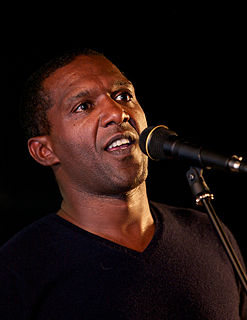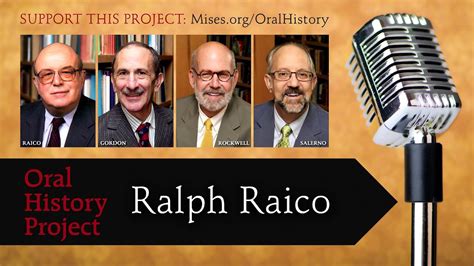A Quote by Glenn Greenwald
Whether a country is actually free is determined not by how well-rewarded its convention-affirming media elites are and how ignored its passive citizens are but by how it treats its dissidents, those posing authentic challenges to what the government does.
Related Quotes
It is not nearly so important how well a message is received as how well it is sent. You cannot take responsibility for how well another accepts your truth; you can only ensure how well it is communicated. And by how well, I don't mean merely how clearly; I mean how lovingly, how compassionately, how sensitively, how courageously, and how completely.
The issue here really is not whether international trade shall be free but whether or not it makes any sense for a country - or, for that matter, a region - to destroy its own capacity to produce its own food. How can a government, entrusted with the safety and health of its people, conscientiously barter away in the name of an economic idea that people's ability to feed itself? And if people lose their ability to feed themselves, how can they be said to be free?
Those are big challenges in our age, not just how we live as co-citizens in societies with people of different faiths and different cultures - I mean, that's a big challenge itself - but how we think about all that as Christians, or as Jews, or as Muslims, or as Hindus. How do we think about the religious other? There's a theological dimension as well as a civic dimension to our pluralism.
My dear fellow citizens: For forty years you have heard from my predecessors on this day different variations of the same theme: how our country flourished, how many millions of tons of steel we produced, how happy we all were, how we trusted our government, and what bright perspectives were unfolding in front of us. I assume you did not propose me for this office so that I, too, would lie to you.
What is the free market? Well, the free market, [we're told] is really a terrible, inhuman kind of arrangement, because it treats people like commodities. But how does the government treat people? Like garbage-worse than garbage. Not like commodities, but like nothing. We libertarians understand that we are not humane, we are not compassionate. It's the leftists and the liberals, they're the ones who are human and compassionate, but you'd better not get in their way.
For what is meant by saying that a government ought to educate the people? Why should they be educated? What is the education for? Clearly, to fit the people for social life - to make them good citizens. And who is to say what are good citizens? The government: there is no other judge. And who is to say how these good citizens may be made? The government: there is no other judge. Hence the proposition is convertible into this - a government ought to mold children into good citizens, using its own discretion in settling what a good citizen is and how the child may be molded into one.
































